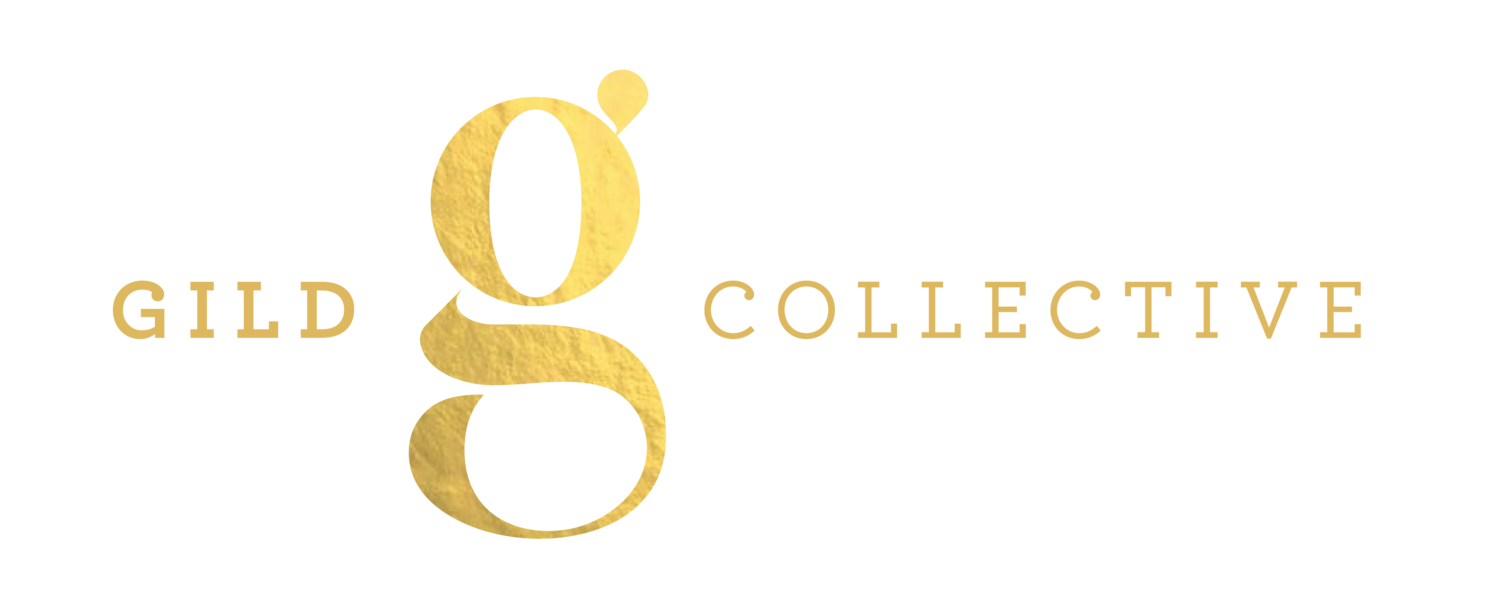He Said, She Said.
Over time, we have had a lot of conversations with women who are encountering difficult issues at work. Some are downright devastating—blatant gender discrimination and sexual harassment. But there are others that sometimes fly under the radar, the ‘everyday sexism’ that we tend to brush off or ignore.
Through our new blog series, He Said, She Said, we’ll be telling your stories. We aim to highlight the (mostly) unintentionally biased language that is often used in the workplace towards women. These are real stories from professional women about their everyday working relationships with their male counterparts.
We want to hear the most seemingly mundane sexist comments just as much as we want to hear about the issues that deserve attention from the highest levels of human resources within your organization. We believe that each point along the spectrum provides an opportunity to provide education about what is and is not appropriate in the workplace.
Our first story comes from Frankie T., the Assistant Props Master at the Cleveland Playhouse.
Frankie T’s set design for the production Machinal
Tell us your story.
Working in the theatre industry, a male dominated field, I come across many examples of sexism in the workplace, but let me tell you about the very first time it happened.
I went to undergrad in Toledo and was used to working in a shop full of female carpenters and welders, so I never really had a problem with sexism up until my first experience working with the IATSE (International Alliance of Theatrical Stage Employees) union. I took on a job as an assistant set designer with one of my professors for a local high school performing the play Oklahoma. We built the show in a church downtown Toledo and then installed it at the regional theatre. This specific theatre was a union house, which means that the guys in the local IATSE group had to be a part of the load in and crew for the show.
A group of 5 union guys and myself were unloading a truck when one of them says, “Frankie, where are your gloves? You will hurt your female hands.”
Stunned at this comment, the only thing I could think of as a response at the time was, “is that why you’re wearing them?”
Of course all the guys went nuts and started razzing their fellow comrade because he was shut down by a 20-year-old girl. After that point, they respected me. I just found it sad at the time that I had to stoop to their level in order to gain respect.
Why did the comment strike you as inappropriate or offensive?
I found the comment offensive because of the use of the word “female” in that connotation. In that sense the word took on the meaning frail, weak, and sensitive even though I was doing the same job as these men—and I was better at it too! 😜
Looking back, how do you feel about your response?
I wish I would have responded in a way that didn’t perpetuate the weak connotation of the word “female.” Perhaps I should have responded with something like, “I don’t need gloves because my female hands are stronger than yours,” or something that would have elevated the term in that moment.
What would you share with women that experience this type of comment in the future?
Most of the time, I feel as if the best response is to shrug it off and throw it back at them. Show the guys that you won’t take their crap because you are better and smarter than they are, you look better doing the job, and ultimately they are just jealous of your fierceness.
To Frankie, we are all jealous of your fierceness. Your bravery, creativity, and dedication to your craft are extremely impressive. While hindsight can give you the perfect comeback to any situation, know that simply the act of responding was bold, strong, and impactful. Thank you for sharing your story!
If you have a story to tell, email us at info@gildcollective.com.


